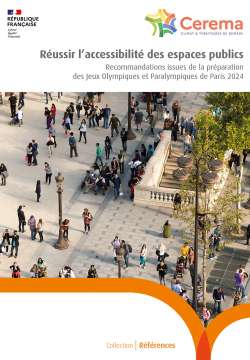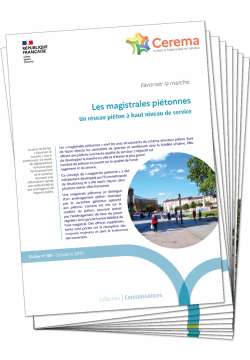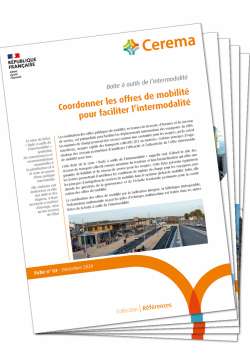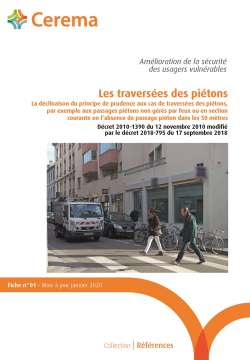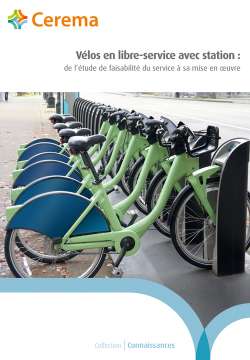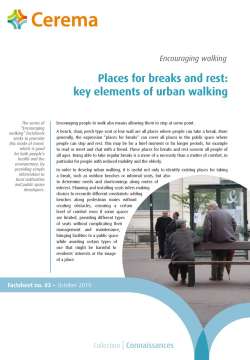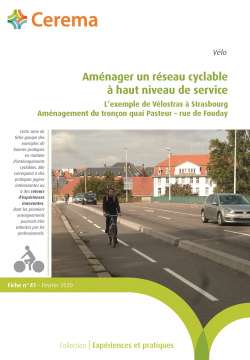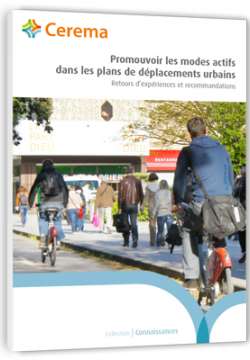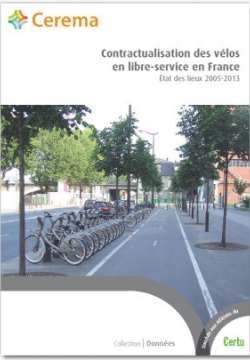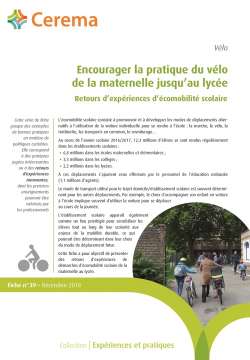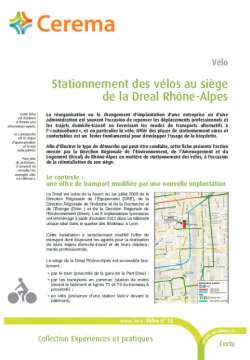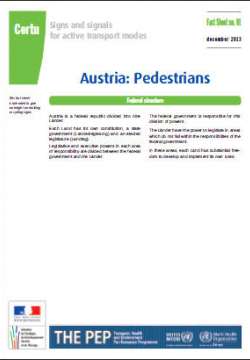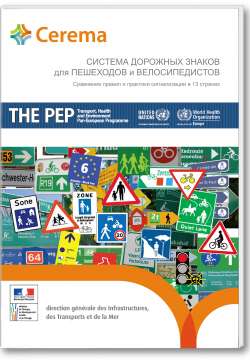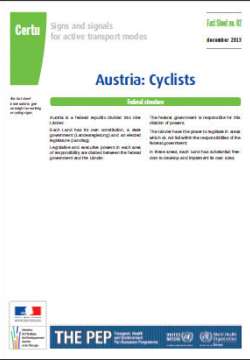
Creating friendly-cycling roads
Success factors
Cycling is an efficient transport solution with proven individual and collective benefits.
Radically transforming the road network to make it more appealing to existing and future cyclists ranks among the major challenges facing municipal authorities in the coming years.
After the publication of the first Cerema notebook devoted to temporary cycle facilities, this new notebook provides eight key recommendations for a successful cycle development policy.
Cycling is an efficient transport solution with proven individual and collective benefits. Many European countries have made this form of mobility a central feature of their urban development strategies.
The key to achieving a massive uplift in cycling is to encourage a mode shift away from car transport, by facilitating safe cycling while also restricting car use.
To reach this goal, cyclists must be provided with a welcoming, inclusive public space, by simultaneously pursuing:
efforts to build efficient cycling infrastructures, reclaiming space from cars;
the general trend for traffic calming measures;
limitations on motorised through-traffic in residential neighbourhoods;
development of comfortable pedestrian areas to ward off potential conflicts.
Radically transforming the road network to make it more appealing to existing and future cyclists ranks among the major challenges facing municipal authorities in the coming years.
The eight key recommendations for a successful cycle transport development policy described in this Cerema notebook are intended for all (primarily urban) development professionals and decision-makers




